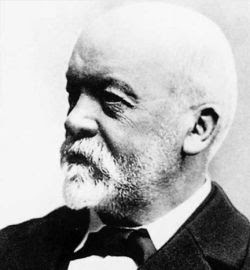1. Which famous scientist introduced the idea of natural selection?
ans: Charles Darwin
2.How many teeth does an average human adult have?
ans: 32
3. What is the pulse rate of an average healthy human being?
ans: 72 beats per minute
4. What is the name given to the green pigment in plants?
ans: Chlorophyll
5. How is the age of a tree determined?
ans: By counting the annual rings in a cut trunk
6. Who observed living cell first?
ans: Anton Von Leeuwenhoek
7. The study of fruit is called
ans: pomology
8. The most abundant substance in protoplasm is
ans: Water
9. Science dealing with study of fishes is known as
ans: Icthyology
10. Scientific culture of silkworm is
ans: Sericulture
11. Paleontology is the study of:
ans: Fossils
12. Who discovered the relation between mosquito and malaria?
ans: Ronald Ross
13. Farmers can keep their soil fertile by:
ans: crop rotation
14. Which food stuff turns blue-black when brought in contact with iodine?
ans: Starch
15. Coal is formed due to the process of...?
ans: Carbonization
16. Larva of butterfly and moth is called as
ans: Caterpillar
17. Helix is the name of
ans: Garden snail
18. The cavity in the body of "hydra" is called
ans: Coelenteron
19. Highest unit of classification is
ans: Kingdom
20. How many chambered are there in heart of frog?
ans: 3-chambered
21. The larva of mosquito is called
ans: Wriggler
22. The mode of nutrition in fungi is mostly
ans: Saprophytic
23. Which gland produce growth hormone?
ans: pituitary gland
24.The drugs taken by us are metabolized in
ans: liver
25. Which is the largest of human body?
ans: skin
26. Plant of biology dealing with distribution of plants on earths surface is called
ans: phytogeography
27. Study of soil and soil content is called
ans: Edaphology
28. Study of flower is called
ans: anthology
29. Physical basis of life is
ans: Protoplasm
30. Infolding of mitochondria is called
ans: Cristae





















